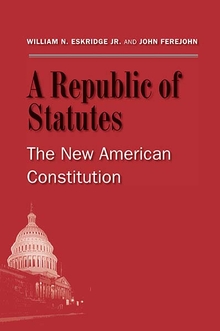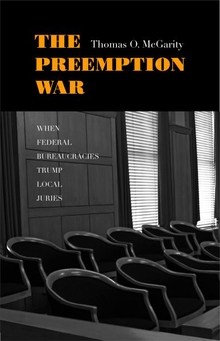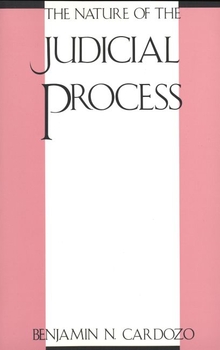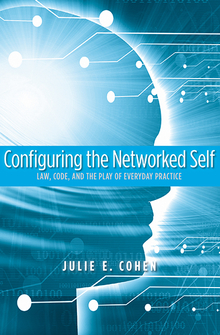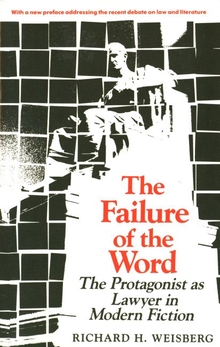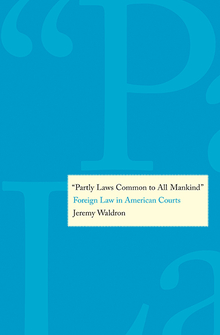A Republic of Statutes
WARNING
You are viewing an older version of the Yalebooks website. Please visit out new website with more updated information and a better user experience: https://www.yalebooks.com
The New American Constitution
William N. Eskridge Jr. and John Ferejohn
William Eskridge and John Ferejohn propose an original theory of constitutional law whereby, while the Constitution provides a vision, our democracy advances by means of statutes that supplement or even supplant the written Constitution.
“Eskridge and Ferejohn make a far-reaching claim in this tour de force – that constitutional struggles are frequently constitutional not Constitutional. These struggles are still contests among ideas, but they are as often formulated, argued, synthesized, and (tentatively) concluded – until the next round of struggle – in the hotter venues of popular politics as in the cooler court rooms, conference rooms, and chambers of jurists. Popular political deliberation provides the dynamic context for an evolving de facto constitutional order. This marriage of political science and public law is a landmark achievement.”—Kenneth A. Shepsle, Harvard University
“Why does our public law obsess about the Constitution, when so many of our most fundamental national commitments are embodied in subconstitutional law? In this illuminating and stimulating volume, a distinguished political scientist and a gifted public lawyer unravel that question. Eskridge and Ferejohn's redefining study shows how 'administrative constitutionalism'—agency elaboration of superstatutes, treaties, agreements, and state statutory regimes—both invites a 'deliberation-respecting' role for U.S. courts and ends up shaping America's national character.”—Harold Hongju Koh, The Legal Adviser, U.S. Department of State; Martin R. Flug Professor of International Law, Yale Law School
Publication Date: May 28, 2013

